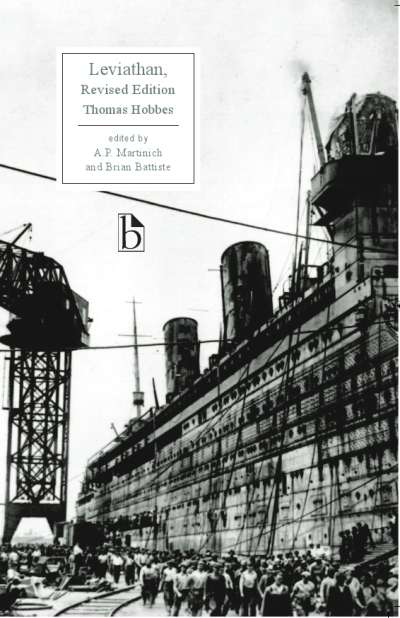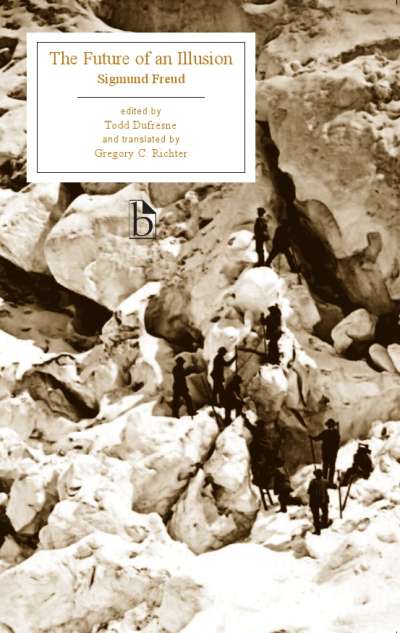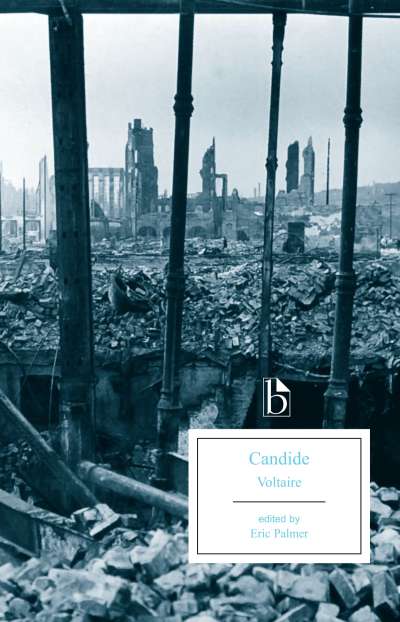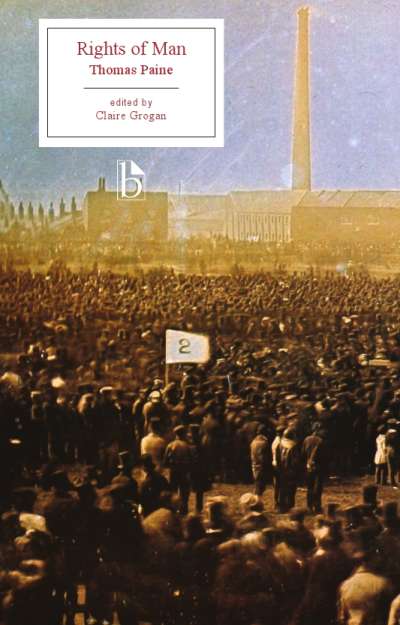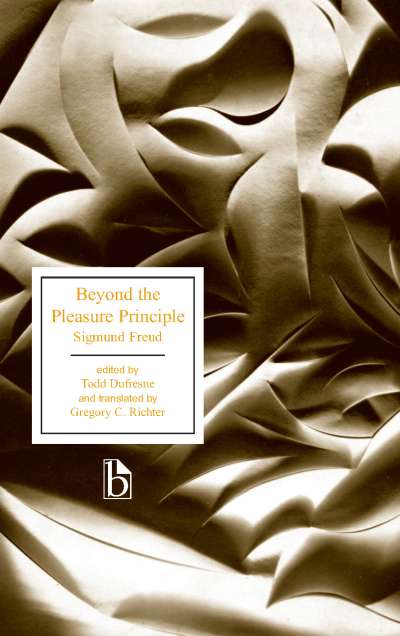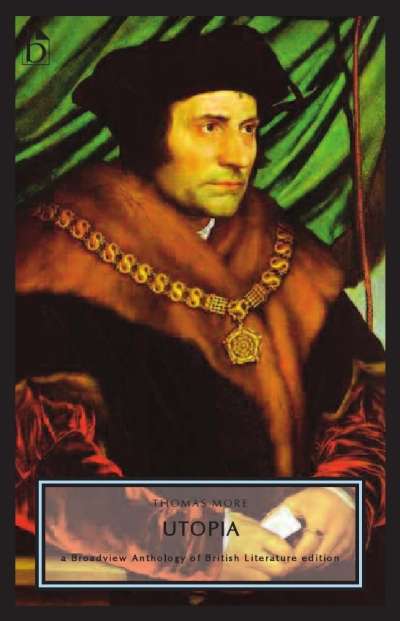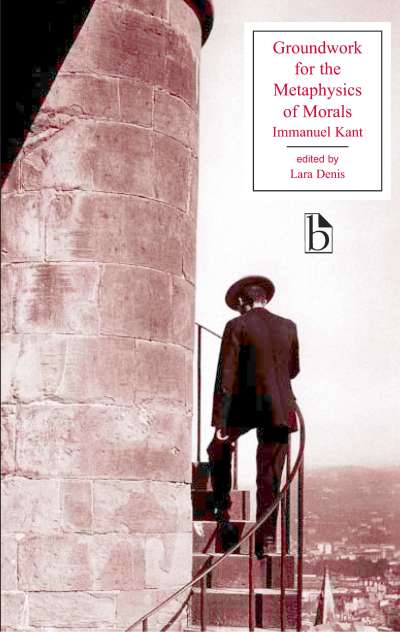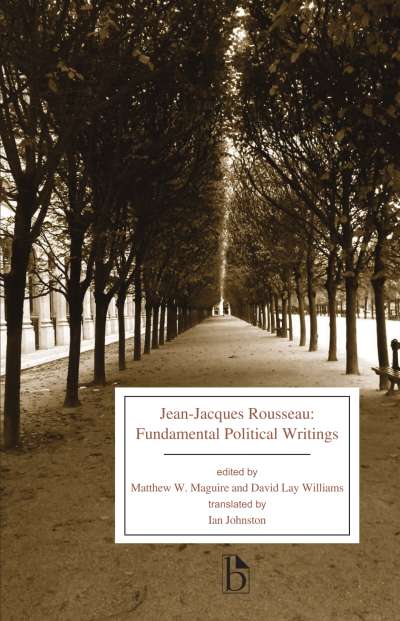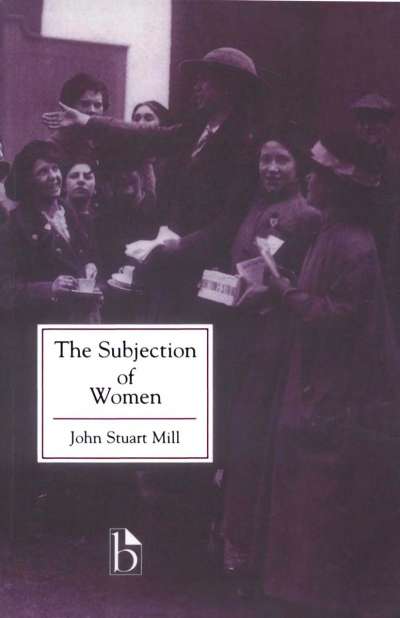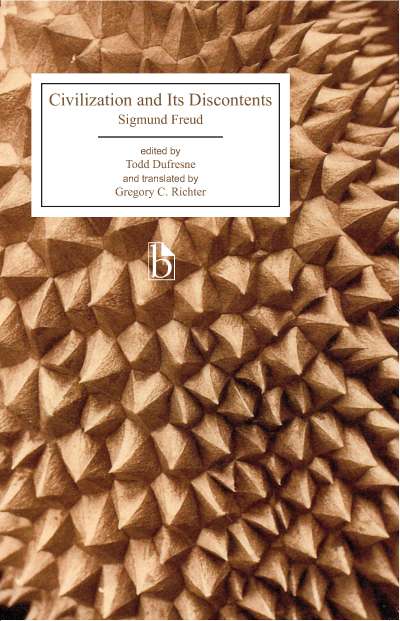L.M. Findlay’s elegant new translation is a work of textual and historical scholarship. Few books have had as much of an impact on modern history as The Communist Manifesto. Since it was first published in 1848, it has become the rallying cry for revolutionary movements around the world. This new Broadview edition draws on the 1888 Samuel Moore translation supervised by Engels—the standard English version in Marxist discourse—and on the original Helen Macfarlane translation into English of 1850.
Throughout, Findlay draws on a variety of disciplines and maintains a broad-ranging perspective. Among the appendices are Engels’ “Draft of a Communist Confession of Faith,” correspondence and journalism of Marx and Engels, ten illustrations, and eight additional influential political manifestos from the eighteenth and nineteenth centuries.
Comments
“L.M. Findlay’s excellent translation of The Communist Manifesto, embedded in a splendid introduction and a most carefully chosen appendix of Marx and Engels pieces, superbly places this nineteenth-century classic in an extraordinary historical context. There is no other edition at the moment that can match its quality in terms of translation, and its substance in terms of historical context.” — Renate Holub, Director, Interdisciplinary Studies, University of California, Berkeley
“Findlay engages the reader by depicting how personal and historical events shaped the thinking of Marx and Engels. At the same time, he clarifies why Marx and Engels pursue the manifesto format, explains its historical significance as a political genre, and highlights the importance of Marxist concerns in the post-industrial, post-Cold War era. Combined with the excellent array of appendices, Findlay’s translation should enrich readers’ understanding of the Manifesto’s historical context and help solidify their understanding of the fundamentals of Marxism.” — Bryon Moraski, University of Florida
“Findlay’s new edition of The Communist Manifesto is very scholarly, and the additional documents are a real bonus, providing an interesting context for the work. All in all, this is an excellent edition.” — Walter Adamson, Emory University
“A great teaching text.” — James Tully, University of Victoria


